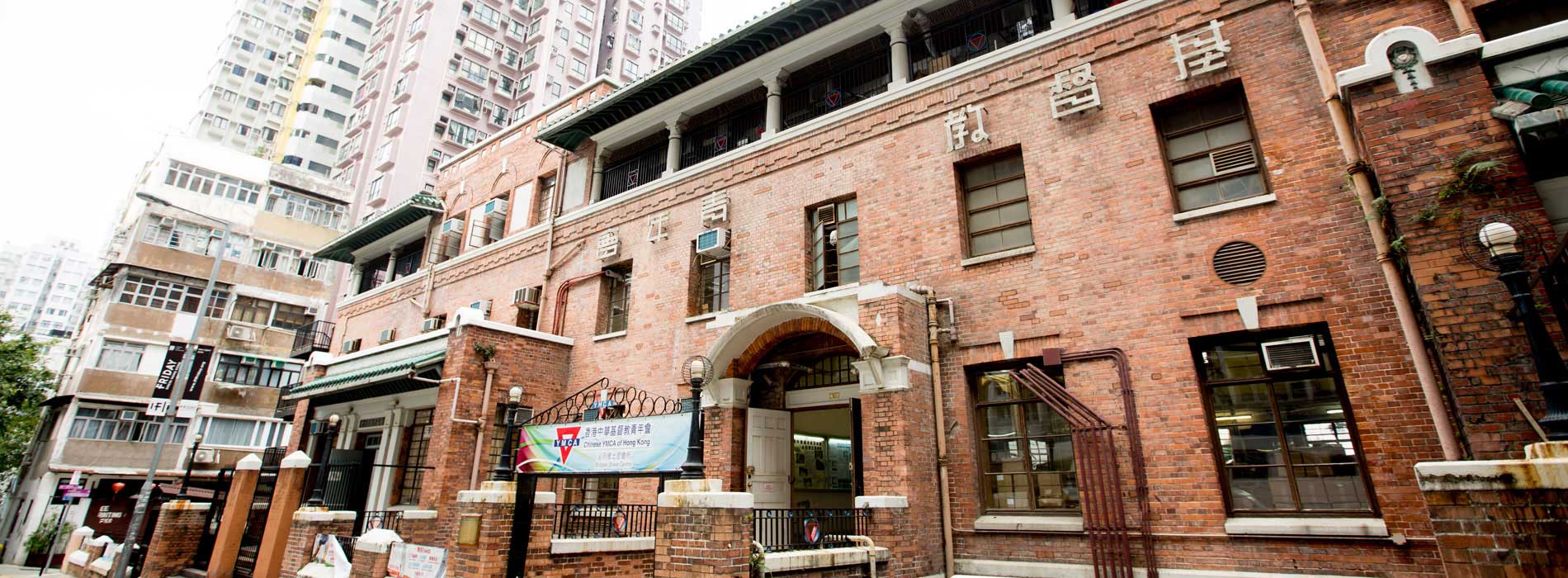
The Chinese YMCA of Hong Kong at Bridges Street is declared as monument
The Chinese YMCA of Hong Kong at Bridges Street is declared as monument
The Government gazetted a notice announcing that the Chinese YMCA of Hong Kong (YMCA) in Sheung Wan as a monument under the Antiquities and Monuments Ordinance on 20 October.

The Chinese YMCA of Hong Kong at Bridges Street, Sheung Wan, currently known as the Bridges Street Centre, was built in 1918 through the generous support of prominent members and community business leaders. It was the first headquarters building of the YMCA until the association moved its headquarters to Waterloo Road, Yau Ma Tei in 1966.

The building is six stories high and is constructed by red bricks and concrete, with a symmetrical facade design. The building integrated Chinese and Western design elements. It was equipped with the first indoor swimming pool with provision of cool and warm water and the first elevated wok-shaped timber running track supported by a cantilever structure in Hong Kong that were considered innovative and advanced at the time. It also houses a gymnasium and an auditorium with a screening room.

Since its opening, except during the Japanese Occupation period (1941-1945), YMCA has been providing various social services, witnessing the development of social services in Hong Kong. It began by offering recreational and cultural facilities to the public and served as temporary first aid stations and industrial exhibition venues when needed. Today, our focus lies in providing rehabilitation services for individuals with disabilities within the premises of this building. This includes sheltered workshops and residential services. For our service users, the Bridges Street Centre is more than just a place they visit - it is a home.

The designation of the Bridges Street Centre as a monument not only recognises its rich history but also acknowledges its role as one of the few historic buildings that continue to provide essential social services in Hong Kong. It stands as a testament to the development of social services in the city.












